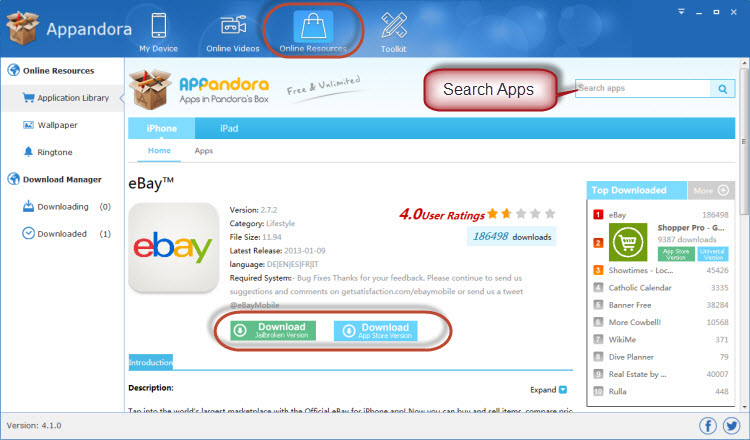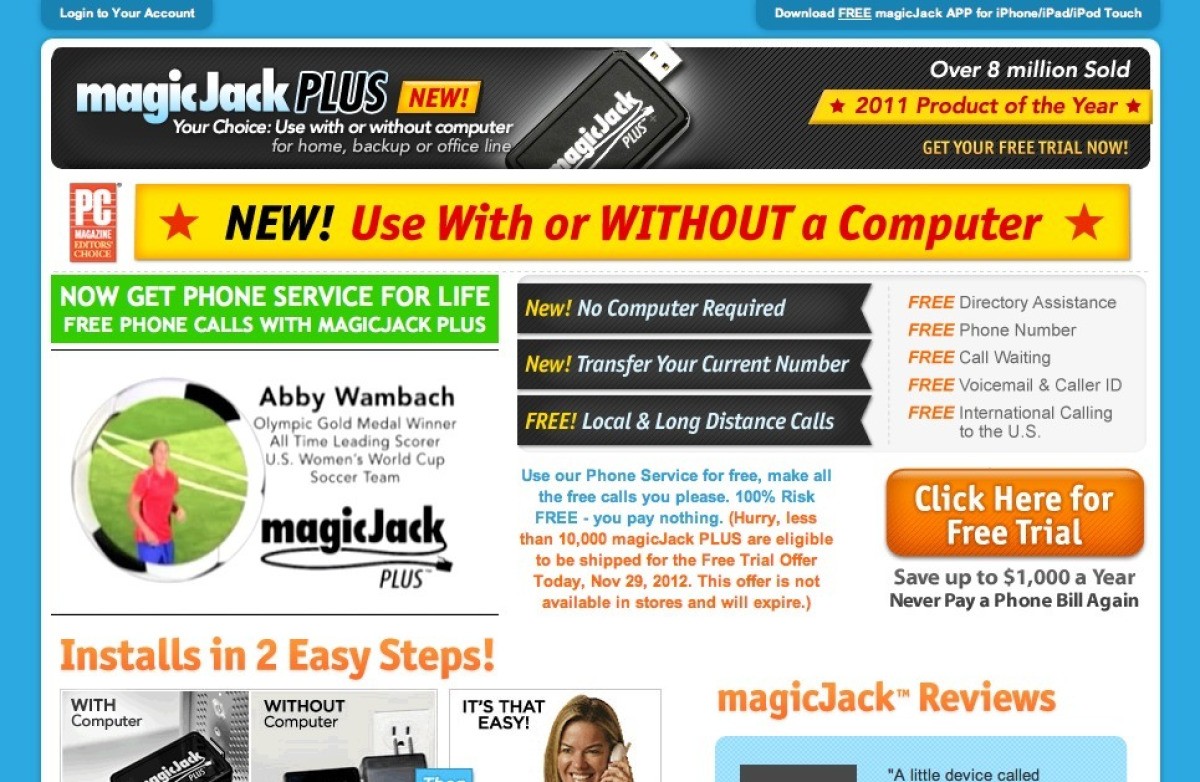

Now let's imagine that you intend to download about 20MB worth of apps, songs, and books from the App Store per day (20MB is equal to about six songs, by the way). This means that your Internet connection will also be significantly slower for other use.) (The data concern aside, you'll probably find this automatic downloading very cool-I did-at first until you realize that there are four concurrent downloads, instead of just one, going through the pipe. Once you have started downloading the 20MB iOS game on one of these devices, the same game will be downloaded to the other three, making the total Internet data needed 80MB. Let's say that you have an iPad, an iPhone, an iPod Touch, and a MacBook Pro, all with iCloud turned on. Now with iCloud, this changes dramatically. You can save bandwidth by turning these off, plug the iOS device in, and choose "transfer purchases." Turning the Automatic Download setting on within iTunes means that apps, songs, and e-books will be redownloaded on the computer. (Or if you chose to download directly to an iDevice, you could transfer that app back to iTunes before syncing to other devices.) This way, no matter how many iOS devices you wanted to put the game on, you just needed to use only 20MB of your Internet bandwidth for the initial download. In the past, you downloaded it to your computer using iTunes, then synced it to your iPhone, iPod Touch, or iPad by plugging the devices into the computer. Let's say you want to download a game that's 20MB, which is pretty small as mobile apps go. However, you'll pay a potentially hefty price for the privilege. As far as convenience goes, this seems to be a genius solution. So by replacing the old way of syncing your mobile devices with a computer one at a time, you can keep your digital library updated as soon as you download a new song. So, for example, when you download an app on one iDevice, that app will also be downloaded to your iPhone, iPod Touch, and to your computer.įor the most part, it's all pushed in real time, with the speed depending on the Internet connection. It also pushes that data to up to 10 iCould-enabled mobile devices and computers (running iTunes 10.5 or later) that belong to the same Apple ID account.
#Cnet download magicjack app for iphone4 for free#
In a nutshell, iCloud is more than just a cloud storage solution that gives you the first 5GB of storage for free you can use it to store songs, apps, and e-books you've purchased from the iTunes App Store or photos shot with your device, on Apple's servers.

iCloud makes life easier for users at a potentially large expense, in terms of the Internet bandwidth and possibly personal privacy.

Even Apple hasn't done the best job of explaining it. If you don't quite understand iCloud, you're not alone. So before you jump in, it's important to know a few things about it. Not only is there a lot to learn about iCloud, but users have little control over it once they start. When the late Steve Jobs introduced iOS 5 during his last keynote address in June, he touted iCloud as something that "just works" and that users would have nothing to learn.Īs it turns out, he was right, but only on his first point. According to Steve Jobs, with iCloud "everything happens automatically and there's nothing new to learn."


 0 kommentar(er)
0 kommentar(er)
